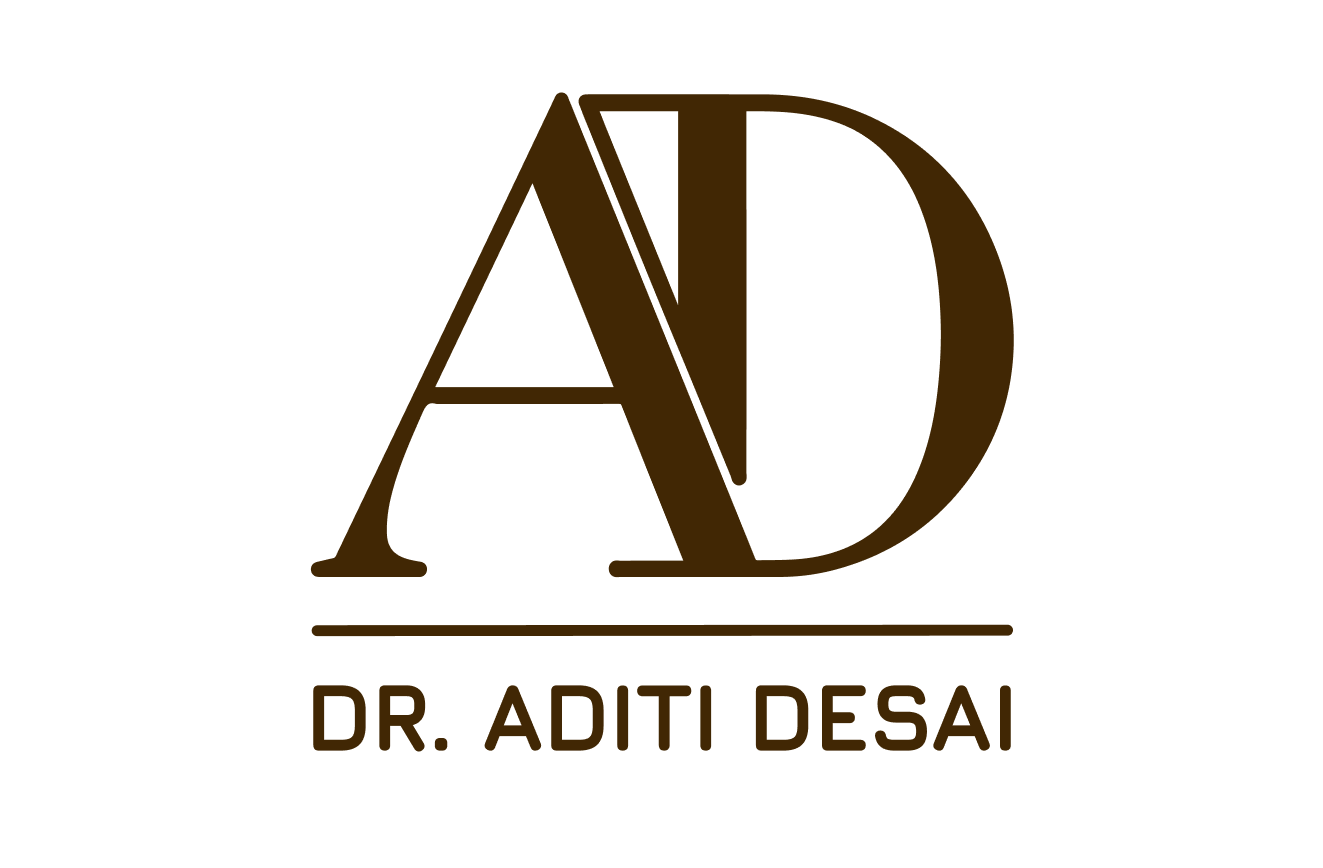Sleep Bruxism (SB) is a condition where individuals grind and clench their teeth during sleep, impacting 10-20% of the population.
If left untreated, it can result in tooth damage, jaw muscle discomfort, TMJ pain, and other complications. With bite forces reaching up to 250 pounds, many people remain unaware of their condition until symptoms worsen.
For those seeking treatment for bruxism, Dr. Desai, a leading bruxism specialist in London, offers comprehensive care. She provides customized occlusal splints for both night and day use to protect teeth, alleviate jaw pain, and ensure pain-free sleep. Dr. Desai also specializes in assessing airway issues to identify underlying conditions like Obstructive Sleep Apnoea (OSA), often linked to Sleep Bruxism.

Why Dr. Aditi Desai Stands Out
From diagnosis to long-term follow-up, Dr. Desai ensures every patient receives attentive, evidence-based care that promotes lasting improvements in sleep quality and well-being.
Symptoms and Causes of Sleep Bruxism: Comprehensive Treatment in London
Symptoms
Causes and Factors
- Anxiety, stress, and tension in the jaw
- Earache, as the temporomandibular joint (TMJ) is close to the ear canal; this pain is often referred from nearby areas such as the TMJ
- Eating difficulties
- Headaches
- Muscle sensitivity, especially in the morning
- Dental sensitivity when consuming hot, cold, or sweet foods
- Insomnia
- Jaw pain or swelling
- Stress levels
- Misaligned teeth
- Poor posture
- Diet
- Sleeping habits
If you are experiencing any of these symptoms and are searching for a bruxism specialist near me, bruxism doctor near me, or a trusted bruxism specialist in London, Dr. Desai offers personalized care. With expertise in treatment for bruxism, she provides effective solutions, including customized occlusal splints, to address symptoms and protect your oral health.
Years of Experience in
the Medical Field
Frequently Asked Questions
01What should I do if I have symptoms of sleep bruxism?
If you notice any symptoms, it’s important to consult with a specialist. Please fill out our form to schedule an appointment with the expert Dr. Desai. Early assessment can help manage symptoms effectively and prevent further complications.
02What causes sleep bruxism?
As with a lot of sleep related conditions, there are multiple factors that can contribute and influence the increased risk of suffering from sleep bruxism, so it is challenging to identify a single cause for the problem. We can, however, understand that there are a particular number of causes associated with the greater probability of one suffering from sleep bruxism, therefore treatment can be provided to help.
Stress & Anxiety – The grinding of teeth has long been held as one physical root cause of stress and anxiety. Researchers have stated that those who grind their teeth tend to report more symptoms of anxiety and depression than those not suffering with bruxism.
Change of Sleep Patterns – Evidence suggests that episodes of teeth grinding and clenching can be connected to a change of sleep pattern.
Genetic & Life Factors – A number of other factors have been identified to have been associated with sleep bruxism such as:
– Cigarette smoking
– Alcohol consumption
– Caffeine intake
– Depression
– Snoring
03What is the treatment for sleep bruxism?
Depending on the severity of the case and how much it may affect the teeth, different treatments will be suggested:
Relaxation: For some people, learning relaxation techniques and changing daily habits is enough. Massaging the face, head and neck in particular can help to relax the muscles.
Occlusal/discharge splint: This is a resin or plastic dental protector that is used in severe cases. It treats the symptoms but not the cause in order to prevent tooth damage. It stops jaw, head, and ear pain from when it is used. The patient can wear it during the day, at night, or both, depending on the intensity of the bruxism and what the specialist recommends. It should be noted that occlusal splints do not get rid of bruxism.
Night guard: A custom made Night Guard may be recommended in order to help prevent the symptoms of bruxism and the long-term problems associated with it.
As well as treatments, advice is often given, including:
- apply ice or damp heat to jaw muscles.
- avoid hard foods such as nuts.
- avoid chewing gum.
- drink plenty of water.
- get about 6-8 hours of sleep a day
- try to find ways to reduce sources of daily stress.
04Can children have sleep bruxism?
Yes, children can experience sleep bruxism. Factors such as stress, dental alignment, and growth spurts can contribute to bruxism in children.
05Are there ways to prevent sleep bruxism?
While it may not be entirely preventable, reducing stress, maintaining good sleep hygiene, and avoiding stimulants such as caffeine and alcohol before bed can help decrease the likelihood of grinding teeth during sleep.
Book a Consultation
The most commonly prescribed treatment for Sleep Disordered Breathing (SDB) which includes snoring, upper airway resistance syndrome (UARS) and sleep apnoea (OSA) is Continuous Positive Airway Pressure (CPAP), but with the high non compliance and intolerance of this treatment, oral appliances in the form of Mandibular Advancement Devices (MADs) are a very plausible and highly effective alternative.
Associations






